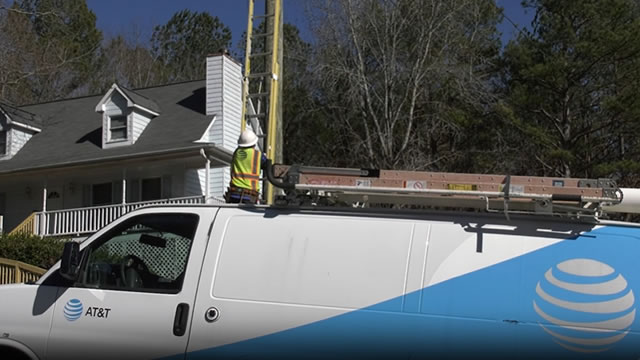Nissan Slashing Production and Offering Buyouts at U.S. Plants
The Current Situation
Nissan is in the midst of urgent efforts to return to profitability, with plans to slash 9,000 jobs globally after experiencing a quarterly loss. As part of these efforts, the Japanese automaker is reducing production at its U.S. plants and offering buyouts to factory workers.
Production Cuts
At the Smyrna plant in Tennessee, one production line will maintain two shifts while the other line will consolidate to one shift. This plant produces popular models such as the Murano, Pathfinder, Rogue, and Infiniti QX60. In the Canton plant in Mississippi, adjustments are being made to reduce speed on one line and consolidate another. The Decherd plant in Tennessee, which produces engines, will also see gradual shift adjustments.
Impact on Employees
With the workforce reduction of 9,000 employees, approximately 6% of Nissan’s global workforce will be affected. The company has not provided specific details on where the job cuts will be made, leaving many workers uncertain about their future.
Effects on the Automotive Industry
Nissan’s production cuts and job losses are indicative of the challenging times facing the automotive industry. Sinking sales and excess inventory have forced the company to make difficult decisions in order to remain competitive and sustainable in the long term.
How This Affects Me
As a consumer, these production cuts may lead to changes in the availability of certain Nissan models or potential delays in delivery times. It’s important to monitor updates from Nissan to stay informed about any potential impacts on the purchasing process.
Global Implications
The automotive industry is a global one, and decisions made by major players like Nissan can have ripple effects across the world. The job cuts and production adjustments at Nissan’s U.S. plants may have broader implications for the industry as a whole, influencing supply chains, market dynamics, and consumer behavior.
Conclusion
In conclusion, Nissan’s decision to slash production at its U.S. plants and offer buyouts to factory workers reflects the company’s commitment to returning to profitability in a challenging market environment. The impact of these changes extends beyond the company itself, affecting employees, consumers, and the automotive industry as a whole.





